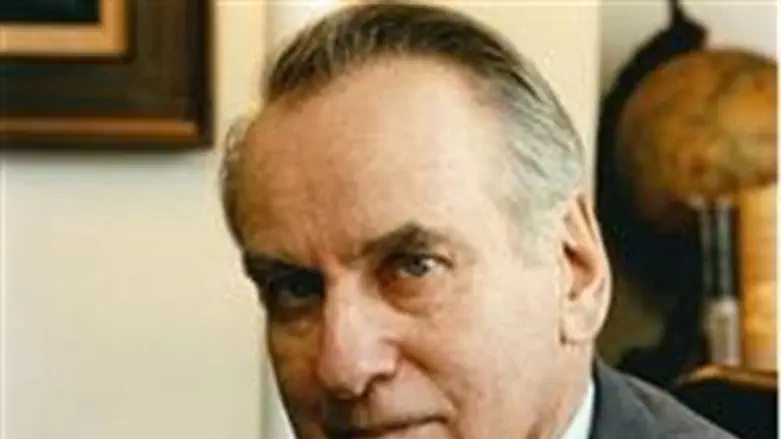
Former Israeli ambassador to the U.S. Zalman Shoval expressed concern that Washington, in an attempt to justify the Western deal with Iran limiting Tehran's nuclear development program, would most likely “go easy” on Iran when it came to evaluating violations of the agreement.
Many aspects of the agreement arrived at in Geneva have not been finalized, but among its highlights is an agreement by Iran to freeze for a six month period some of its nuclear activities in exchange for partial and limited relief of the sanctions that have been imposed on it. The lifting of those sanctions is expected to pump between $4 and $5 billion into the Iranian economy.
In addition, Iran will be allowed to continue to enrich uranium to a level 3.5%, but will not be allowed to add to its stockpile of enriched uranium, and would have to move some of its enriched material to a third country.
“What worries me is that the Obama administration may 'discount' violations of the agreement,” Shoval said. “The Geneva agreement is a very bad one, and may have even been worse were it not for the diplomatic steps taken by Prime Minister Binyamin Netanyahu in recent weeks.”
Shoval added that “one of the main reasons that this is a bad agreement is that it is open to wide interpretation, with the interpretations by the U.S. and Iran diverging and even contradicting each other.”